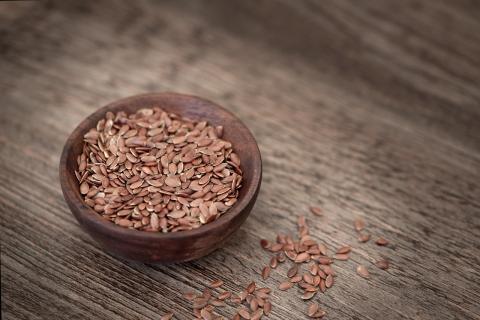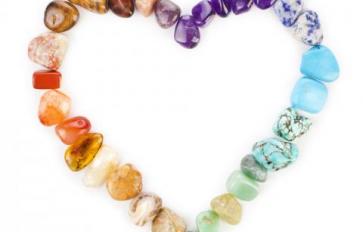
Join Basmati.com every week for a Q&A session with one of Basmati’s practitioners, Melissa Hill (FDN-P)! We know that there is a lot of confusing information out there, which can make applying health advice overwhelming. Sometimes, it’s best to ask a practitioner directly, so each week we’ll cover a common health question!
Do you have a health question you’d like to ask? Write to us at editors [at] basmati [dot] com () and your question could be chosen and featured in a future column!
Q. What can I do if I think I’m having gallbladder problems? Is the gallbladder even important? Does it matter if I have it removed? What’s it for?
A. The gallbladder is a vital organ that stores concentrated bile produced by the liver. This bile is essential to help digest fats, buffer stomach acid, and shuttle toxins out of the body. The functioning of the gallbladder is highly dependent on the functioning of the liver; these two work in tandem to keep the rest of the digestive system on track. It is key that this pair stays healthy for optimal digestive function and health! If the liver becomes congested, or back-logged, due to years of unhealthy diet and toxin exposure, the bile it produces will become thick, viscous, and sluggish. This thick bile will have trouble making its way through the bile ducts to reach the small intestine to help with proper digestion and emulsification of fats, buffering of stomach acid, and removal of bad fats and toxins.
This thick bile sludge leads to all sorts of health problems down the line—the most well-known being development of gall stones and threat of needing gall bladder removal. A sluggish gallbladder can also lead to symptoms most commonly experienced by people:
- Nausea after meals
- Feeling heavy after a high fat meal
- Heartburn or feelings of acid reflux
- Pain or dense feelings in the right side of your abdomen
- Greasy or green stools
In Traditional Chinese Medicine, the gallbladder meridian is most active between 11 p.m. and 1 a.m. and the liver meridian is most active between 1 a.m. and 3 a.m. Consistently waking during these hours is an indication that the gallbladder or liver is out of balance. Other signs and symptoms associated with gallbladder issues are pent up anger, resentment, and lack of healthy expression of these feelings.
If you recognize or suspect that your gall bladder is functioning less than optimal and you would like to help it out, there are certain foods and herbs that can be very helpful to liver and gall bladder function. Among the best are things like beets, flaxseeds, and apples and should be included in your diet daily if your gall bladder is under stress.
Beets: help to stimulate the liver and thin the bile
Apples: the high malic acid content in apples helps to scrub the bile ducts and soften gall stones.
Flax seeds: high in plant omega 3’s (ALA), great for reducing inflammation in the intestines
Dandelion - classic root revered for liver and gallbladder support
What if I don’t have a gallbladder?
If your gall bladder has been removed. Your liver will still produce bile and deliver it to the small intestines directly; you will just not have a storage of it saved in the gallbladder to help for digesting larger quantities of fat. You might need to watch the amount of fat you consume in one sitting to make sure your body can handle it. Of the healthy fats, coconut oil is the easiest for someone without a gallbladder to consume. It is a Medium Chain Triglyceride (MCT), which digests very quickly. By the time it reaches the intestinal tract it has already been broken down into individual fatty acids and therefore does not need pancreatic enzymes or bile to be digested. So, people who do not have a gallbladder can usually consume coconut oil without problems.
It is most important to listen to your own body’s signals and needs as there is no one perfect diet for everyone. Paying attention to these signs from your body and then being proactive about adjusting your foods and lifestyle is always the best approach to head off any accumulation of dis-ease.








